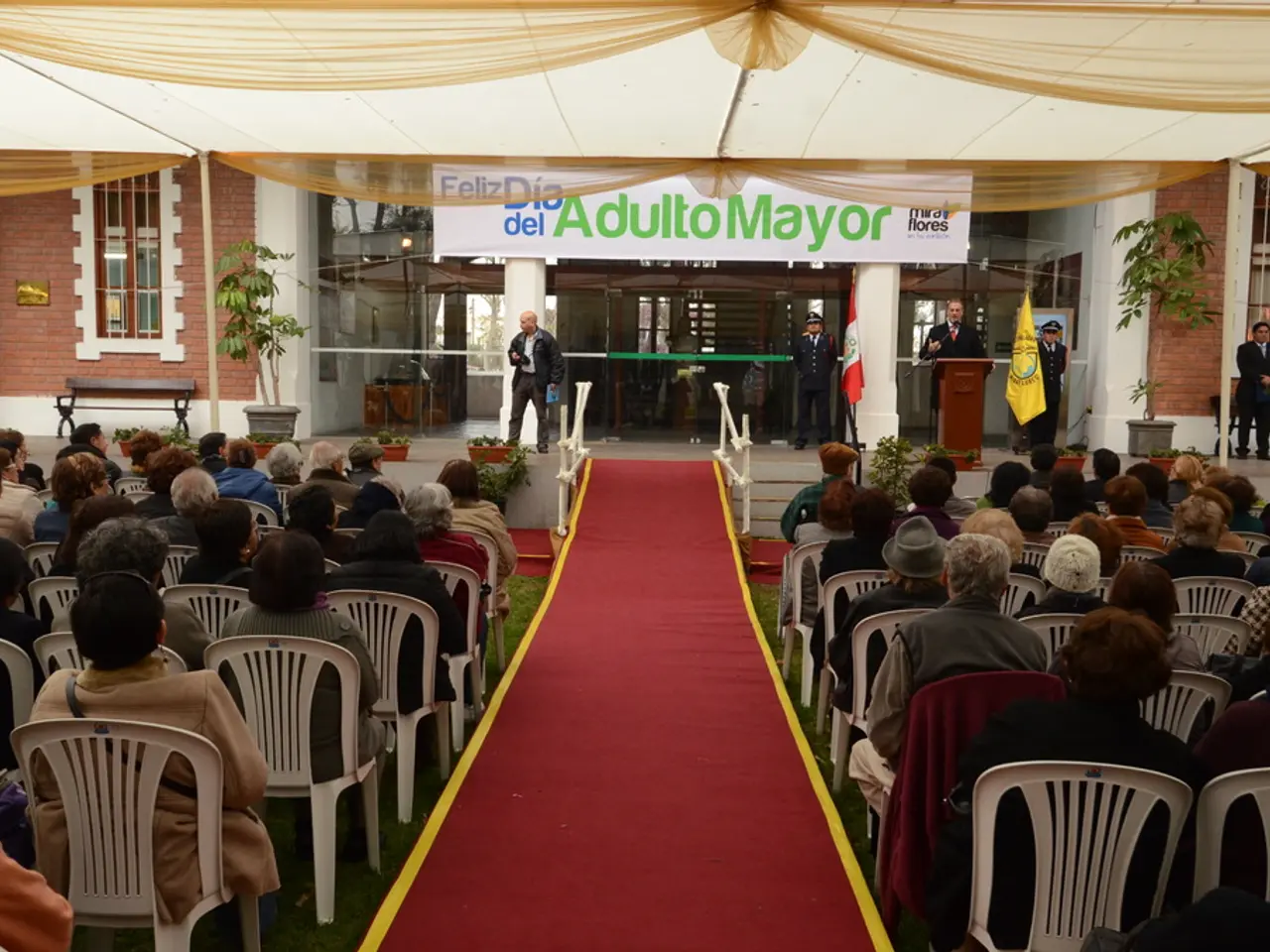World's Prospects: Outlook Ahead
In a recent ranking, the medieval city of Worms, situated in Rhineland-Palatinate, was identified as one of the regions facing structural change challenges in Germany. Worms, once at 97th place overall in 2004, has slipped to 264th out of 400 regions in the Prognos Future Atlas 2025, published on July 4th. This decline places Worms among the so-called long-term losers, and it is also among the 29 regions in Germany that have lost more than 100 places in the ranking over the last 20 years.
The factors contributing to structural change challenges in regions like Worms are often linked to economic shifts, technological development, demographic changes, and environmental pressures. In the case of Worms, the city's traditional industries, such as steel production and manufacturing, have been under pressure due to climate change goals and economic restructuring aimed at achieving climate neutrality by 2050.
Climate change also impacts local agriculture and ecosystems. For instance, increasing stress on forests and soil in Germany necessitates sustainable land use and biodiversity management to maintain ecological and economic resilience. Demographic changes, such as aging populations and migration trends, also affect labor markets and social infrastructure needs in Worms.
However, these challenges also present opportunities for future-proofing. By embracing climate-neutral technologies, promoting sustainability, strengthening research collaborations, and diversifying economically and socially, regions like Worms can unlock opportunities for sustainable growth and resilience.
For example, projects like "Circular Steel" highlight opportunities for integrating advanced recycling and energy-efficient technologies in Worms, which can create new jobs and industries locally while aligning with European climate targets. Initiatives like holistic biodiversity management in building materials industries promote sustainable practices that protect local ecosystems and support long-term economic activities in sectors such as construction and agriculture.
Investment in research training groups and partnerships with universities and institutes can help Worms and similar regions develop innovative solutions for climate and economic challenges. Such collaborations enhance knowledge transfer and support new business models. Diversifying the regional economy beyond traditional manufacturing to sectors such as green technology, cultural tourism, and health services can reduce vulnerabilities to economic shifts.
Despite the current rankings, it is crucial for local politics in any region to recognise its own strengths and develop suitable strategies and future projects. The Future Atlas suggests that every region, including Worms, has development opportunities. Mainz, for instance, has been the big winner in Rhineland-Palatinate, contrary to many other regions.
In conclusion, while Worms faces structural change challenges due to economic shifts, technological development, demographic changes, and environmental pressures, by embracing climate-neutral technologies, promoting sustainability, strengthening research collaborations, and diversifying economically and socially, the city can unlock opportunities for sustainable growth and resilience.
The finance industry plays a crucial role in supporting the transition of regions like Worms towards climate neutrality by providing funds for projects that integrate advanced recycling and energy-efficient technologies. Additionally, investments in research training groups and partnerships with universities and institutes can help Worms develop innovative solutions for climate and economic challenges, attracting financial resources for sustainable growth.




